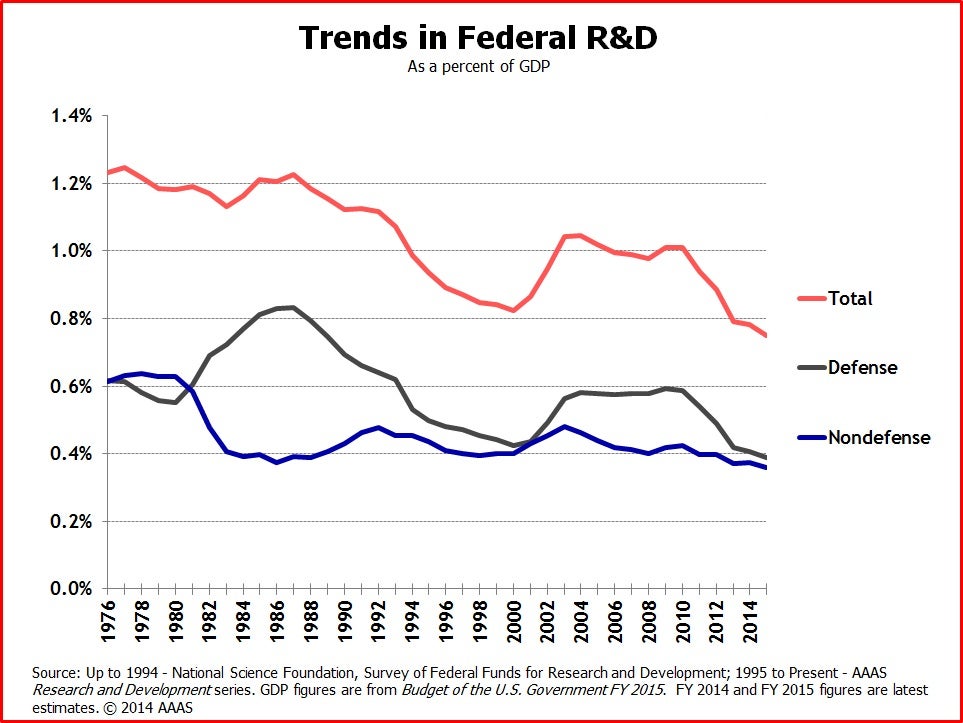Stephanie
Diamond Member
- Jul 11, 2004
- 70,230
- 10,864
- 2,040
The problem is that the gigantic federal bureaucracy ain't got a freaking clue and there is little accountability for the money bureaucrats spend on anything much less R&D. The best R&D is financed by the private sector.
NO KIDDING, but they have a lot of the people fooled. Especially the Dem. base.
they are going to devoir us . We can't keep paying for this monster that now believes they should control every aspect of our lives. to what your children eat to what size soda they think is the best for us
I don't know where it ends. but it wont be pretty I'm sure


